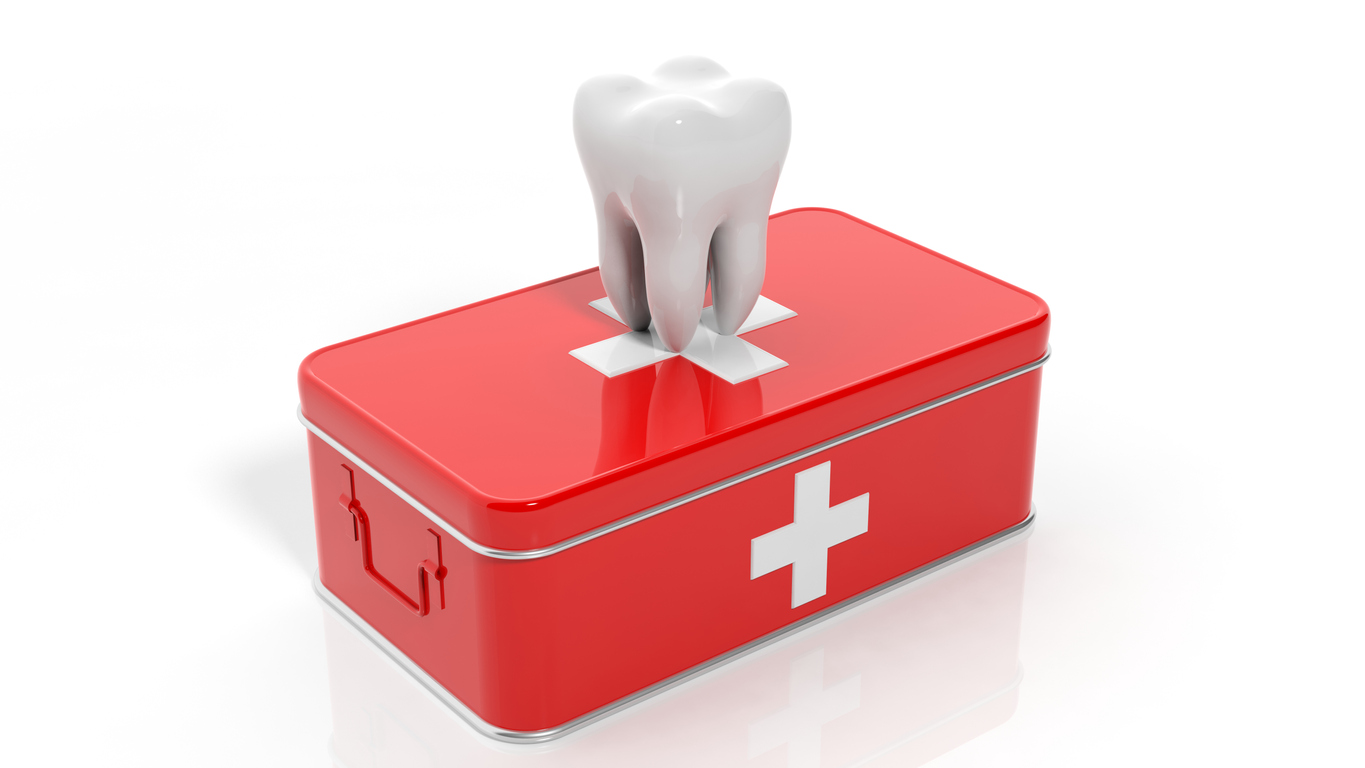Living with Chronic Pain
Tips for Dealing With Dental Anxiety

Many people experience anxiety surrounding dentist visits. Dental anxiety often results in a delay or an avoidance of dental appointments. However, regular dental visits are an important part of maintaining healthy teeth and gums, and improving overall health.
Causes
Dental anxiety is the result of fear, uneasiness and panic. A trauma from a previous dental appointment may cause anxiety. Other fears may include, but are not limited to, the following:
- Pain
- Needles or injections
- Feeling trapped or loss of personal space
- Dentist or hygienist
- Blood
- Choking
- Noise
- Loss of control
- Embarrassment
- Smell
Tips for dealing with dental anxiety
Rather than postponing or canceling your dental appointment, coping mechanisms should be utilized. Below are six tips for dealing with dental anxiety.
- Choose a dental office that is a good fit. When making a dental appointment, ask what solutions the facility supplies for individuals with dental anxiety. Many offices can provide medication-based options to ease anxiety. Some offices place televisions on the ceiling above the chair to provide a distraction. A few clinics have a facility therapy dog who is trained to lay on an individual’s lap during an appointment to provide comfort. Selecting a dental office that is receptive to individuals with anxiety and provides solutions makes it comfortable to schedule and keep regular appointments.
- Bring a friend or family member. The comforting presence of a family member or friend can help you feel more at ease during a dental appointment. By going into the room with you, they can place a hand on your leg, reassure you, or tell you a funny story.
- Communicate your fears. When a dental professional understands your anxiety or fears, they can take steps to alleviate those apprehensions. For example, they may take extra time to explain what will happen during a procedure. They may determine a signal, such as raising a hand, to be used when a break is needed. Additionally, they likely know of simple techniques that will ease the anxiety.
- Engage in relaxation techniques. Relaxing your mind and feeling calm can help with a successful dental appointment. Breathing exercises, guided imagery, meditation, progressive muscle relaxation, and other relaxation techniques help slow the heart rate and breathing, which decreases anxiety.
- Distract yourself. Bringing headphones to listen to music or a podcast helps drown out uncomfortable noises and makes time pass quicker. Playing a game on your phone while waiting also provides a distraction.
- Explore medication-based options. Some offices use nitrous oxide, commonly known as laughing gas, to reduce anxiety during a dental procedure. Short-acting anxiety medication may be prescribed prior to the appointment. Conscious sedation, in which an individual takes an oral sedative before the appointment, may also be an option. Have someone else drive if using certain medication.
Complications of poor oral health
Poor oral health is often the result of dental anxiety. This can lead to the following:
- Decayed teeth
- Gum disease
- Increased risk of heart disease
- Diabetes complications
- Missing teeth
- Greater risk of respiratory infections
Additional source: Washington Post


















